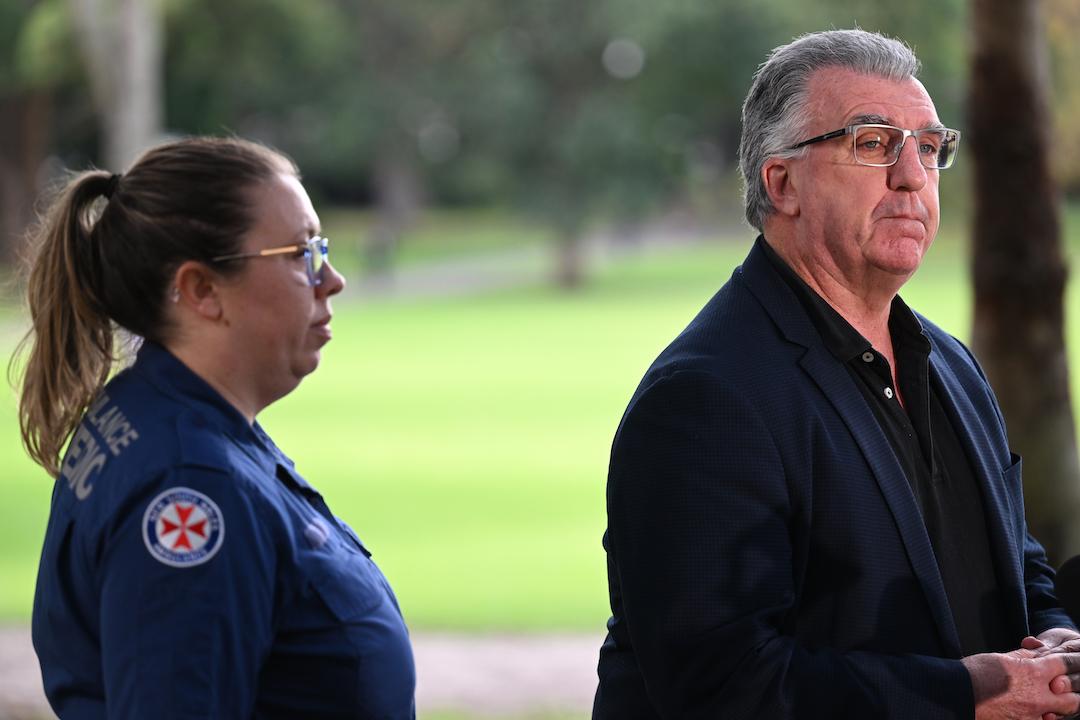About 70,000 New South Wales (NSW) health workers are due to receive a $3500 (US$2340) pay boost despite significant opposition among union members.
The Health Services Union on July 28 said the offer had passed with 54 percent support of its members after being negotiated in lieu of a percentage increase.





